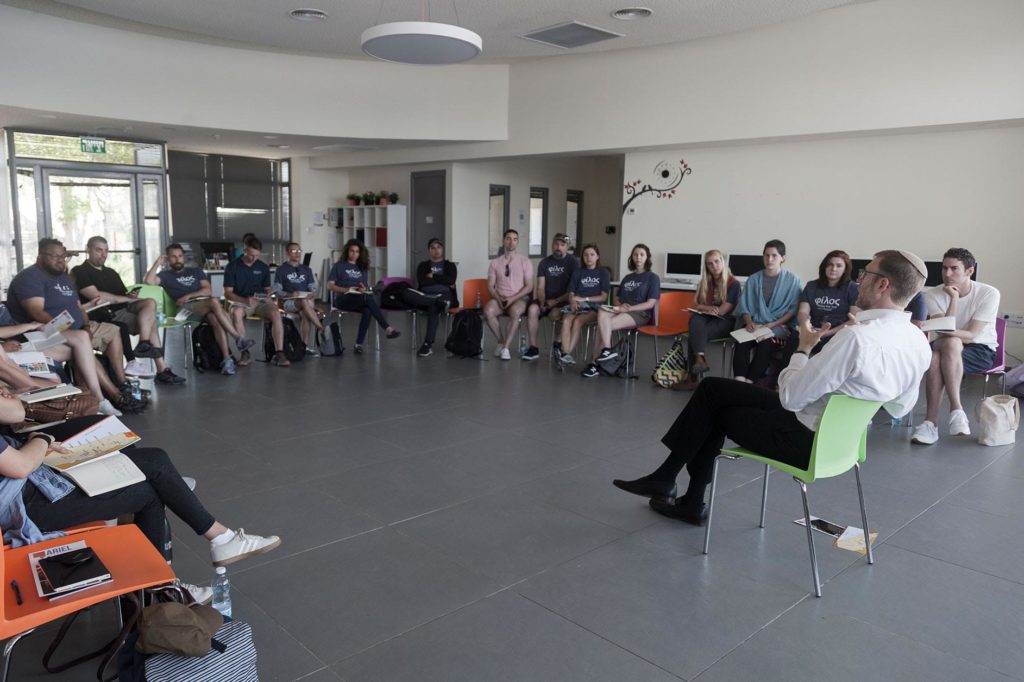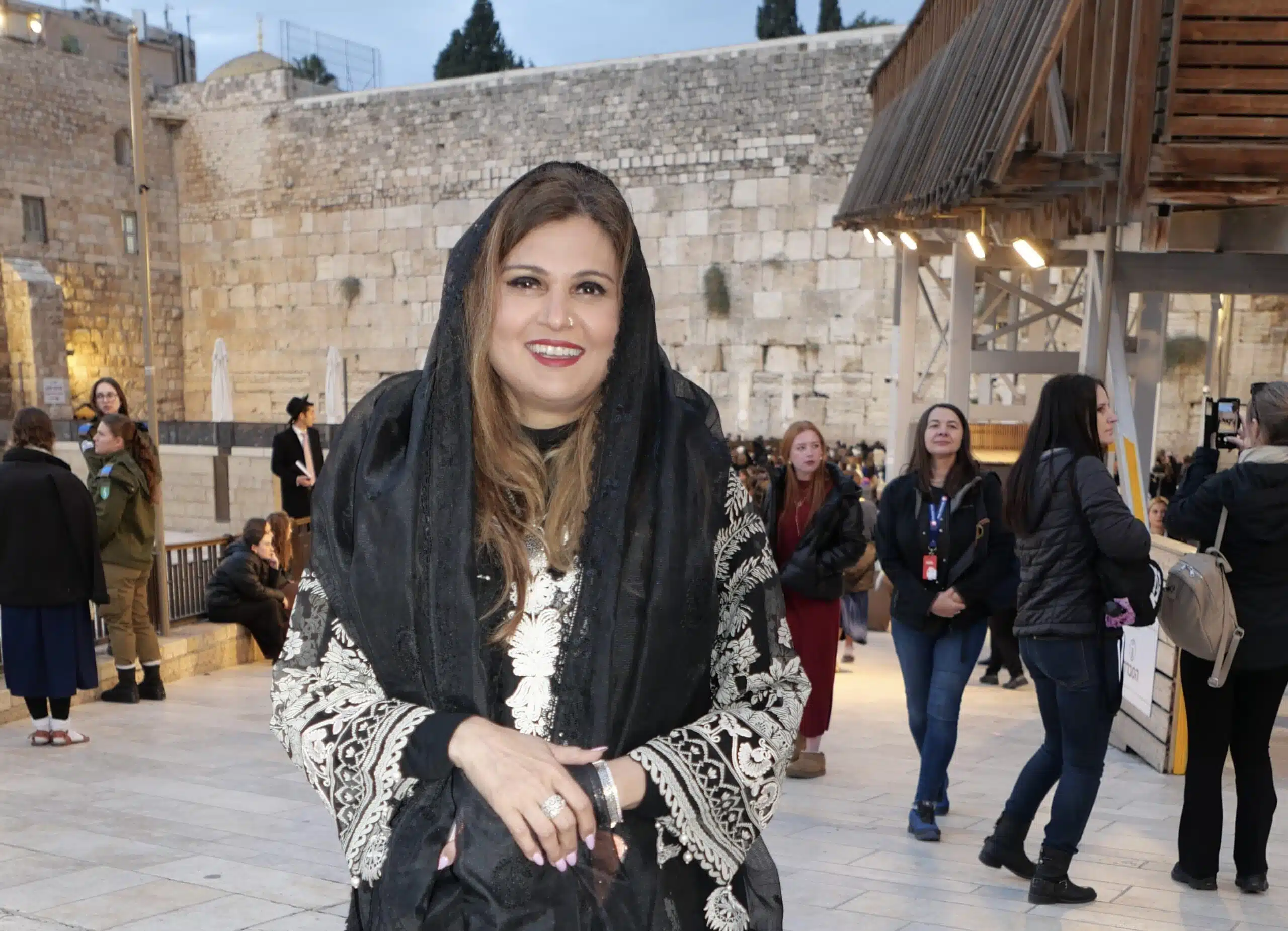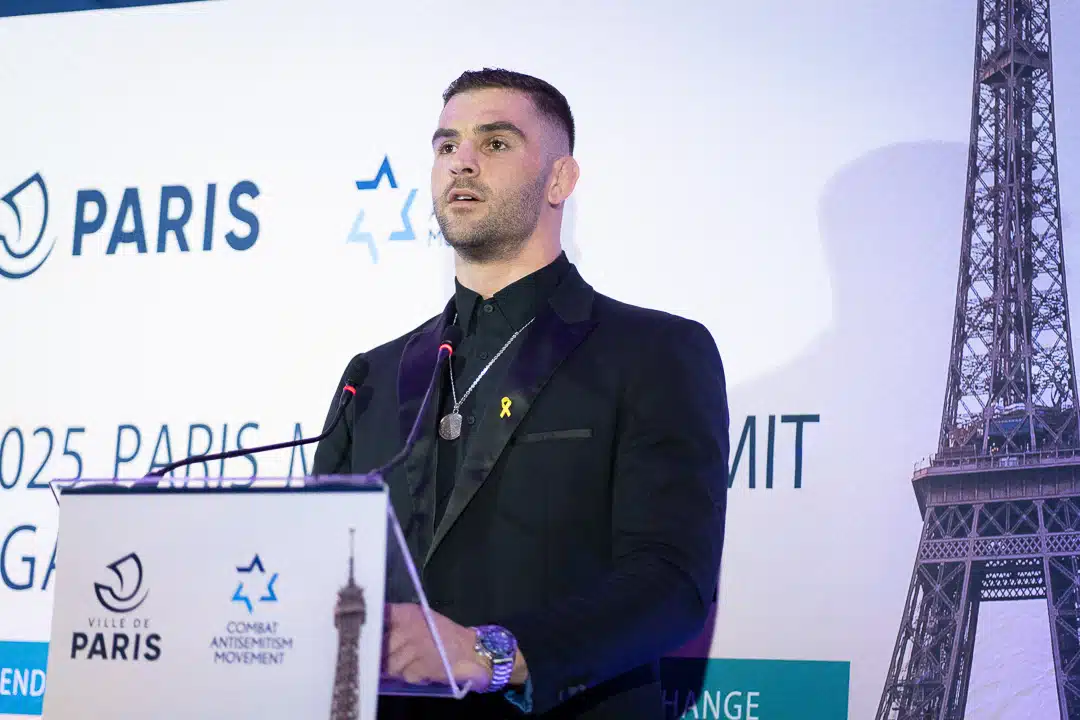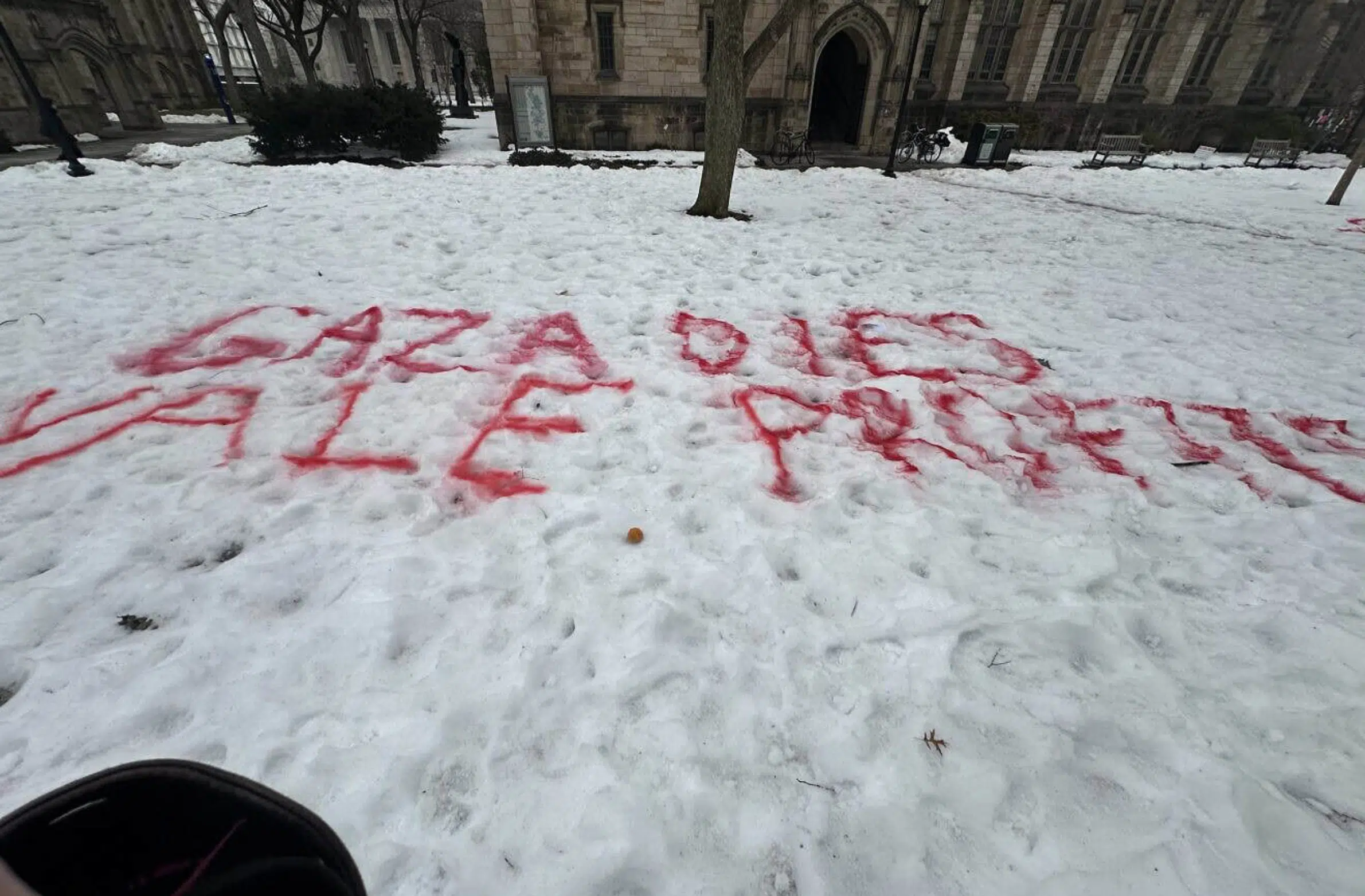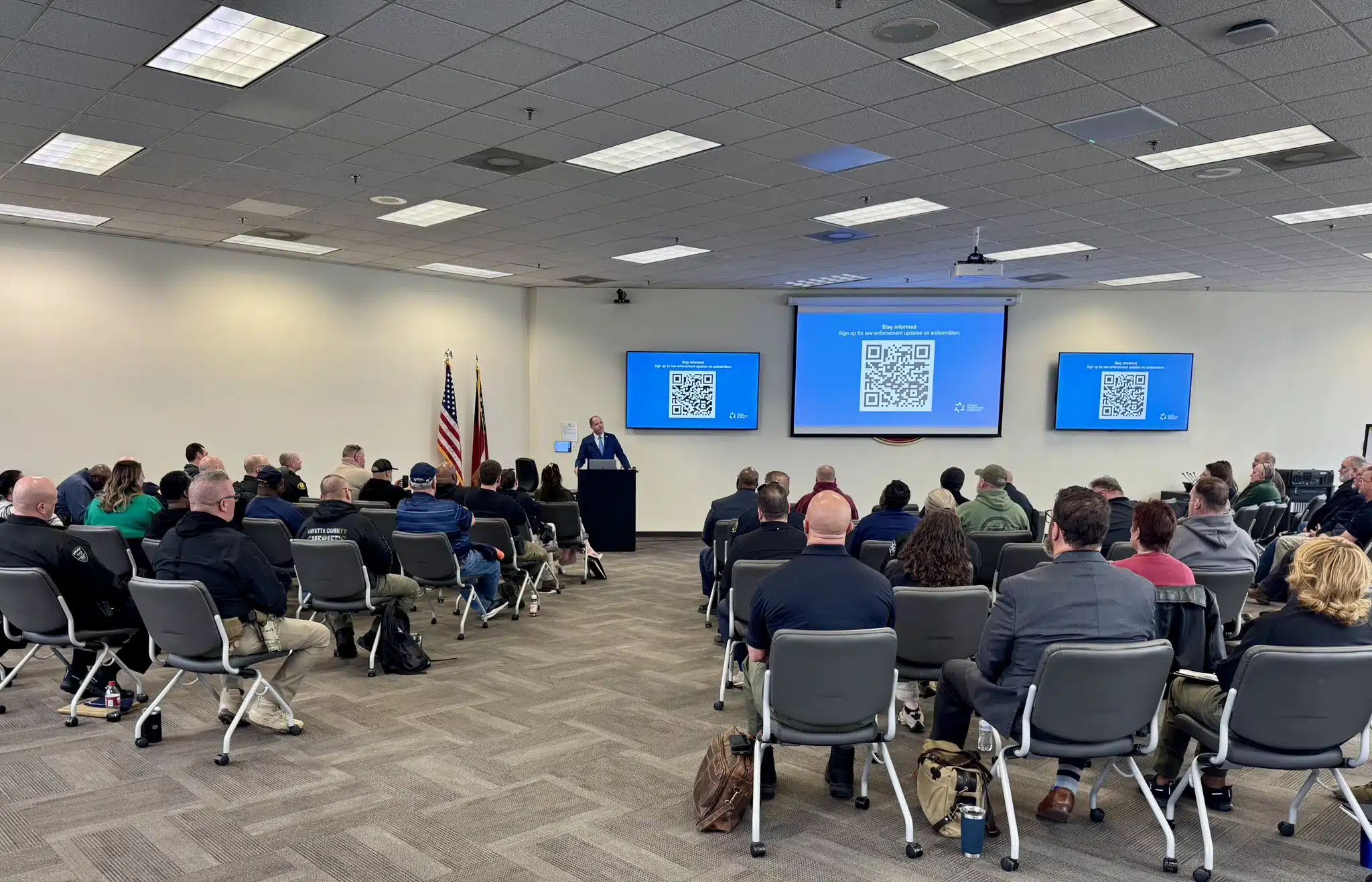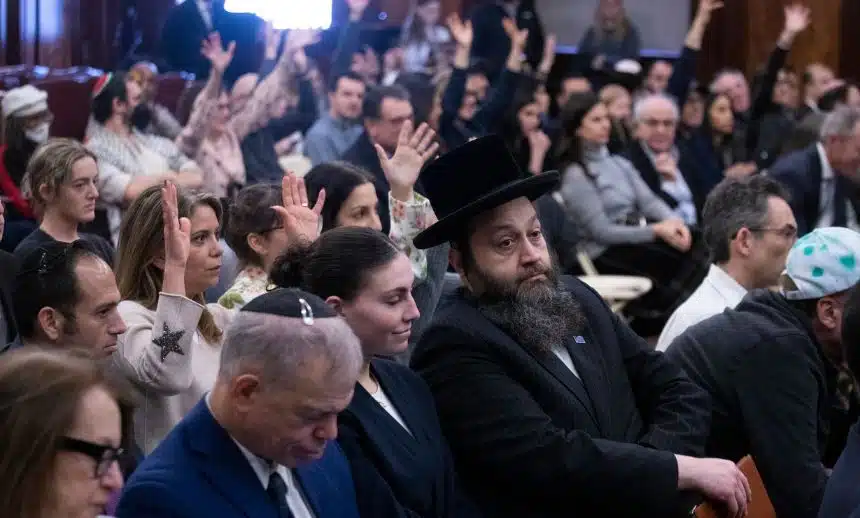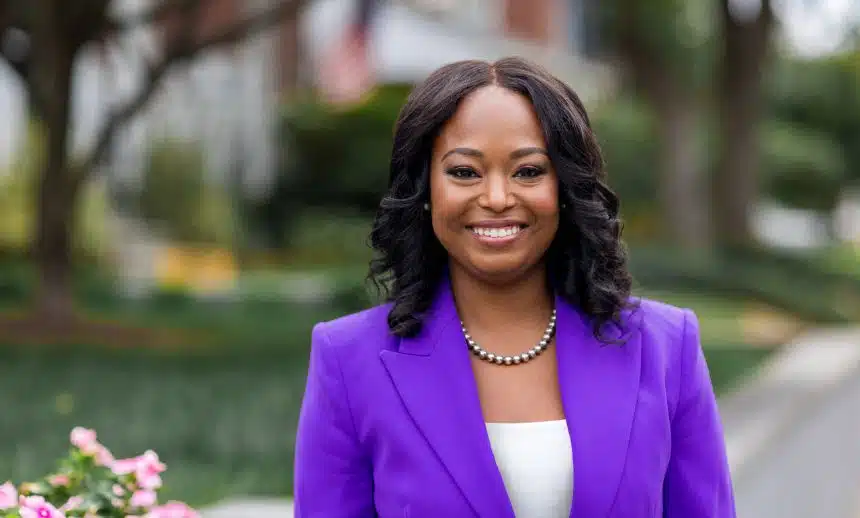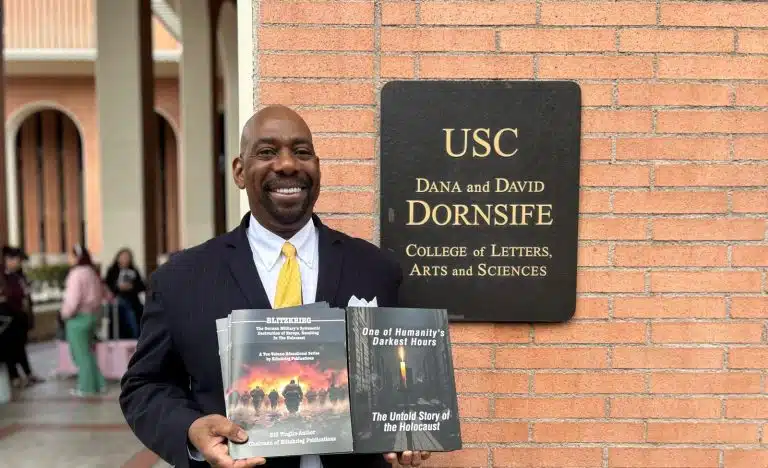

Fighting Anti-Semitism With Jewish-Christian Friendship: Philos Project Director Robert Nicholson
Throughout history, Jewish-Christian relations have often been fraught, but today the situation is much improved. Millions of Christians worldwide advocate for the State of Israel and feel concern over the rise of anti-Semitism. Robert Nicholson is President and Executive Director of The Philos Project, a non-profit organization based in New York City founded to imbue young Christian leaders with a deeper understanding of the Near Eastern roots of their faith. Uniquely, Nicholson’s vision involves bringing Christians closer to Jews through education, advocacy, and immersive travel.
CAM: How does The Philos Project’s work contribute to the fight against anti-Semitism?
Robert Nicholson: Our contribution to the conversation is a unique focus on the spiritual foundations of the problem. We don’t believe that anti-Semitism is just another form of discrimination, racism, or xenophobia. It’s more mysterious than that. There is a kind of anti-Semitism linked to racial or socioeconomic resentment, and many anti-Semites do in fact speak in racial or socioeconomic terms. But the roots of anti-Semitism lie much deeper. It’s an ancient, irrational, and even mythical hatred of the Jewish people as a hidden power that dominates the world, a metanarrative that many people have used to interpret the world throughout history.
To the extent that Christianity has played a role in refining and disseminating that meta-narrative, we Christians have a special duty to fight it — as Christians, using Christian language. That’s where The Philos Project comes in. Through education, advocacy, and immersive travel, we’re trying to tell a new story about Christian-Jewish friendship and cooperation.
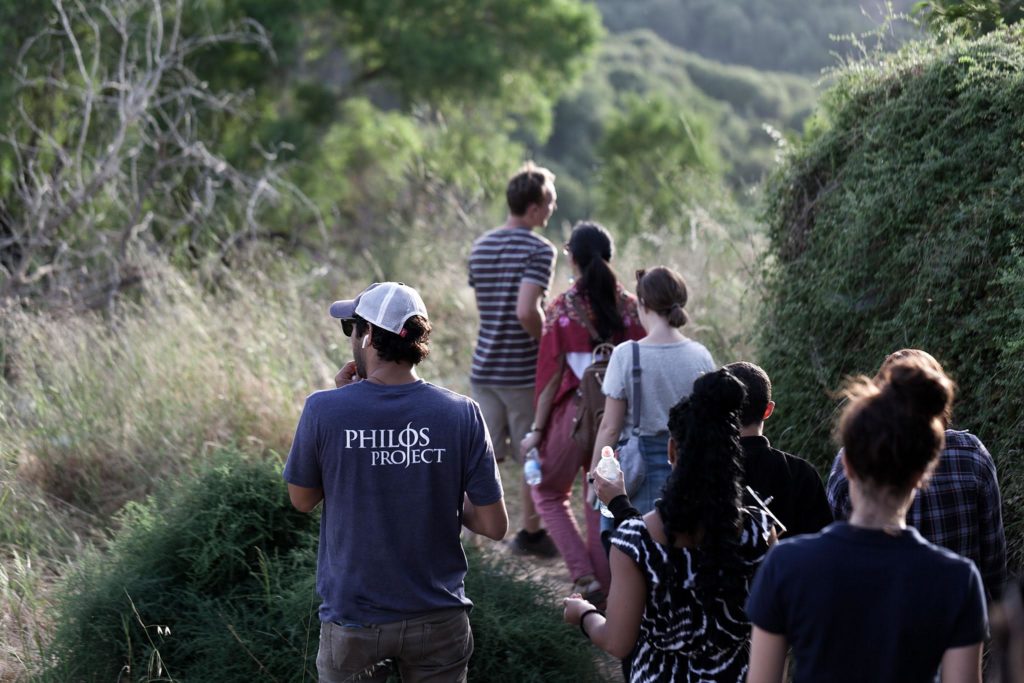
CAM: How should Jews and Christians work together to combat anti-Semitism?
RN: The biggest mistake Jews and Christians can make is to focus their energy on “anti-antisemitism.” Much better, I think, to double-down on “Semitism,” that intangible thing that anti-Semites hate so much, what we at Philos call the Hebraic tradition.
Rather than run from that legacy or pretend that the Jews are totally unremarkable, we at Philos celebrate the Jewish contribution to our religion and to humanity writ large. Educating Christians on the spiritual origins of their faith and elevating the Hebraic tradition that unites us at the moral, historical, and mythical level is the best contribution that our two peoples can make.
CAM: What advice would you give to activists looking to cultivate interfaith relations?
RN: Interfaith relations aren’t about emphasizing commonalities and ignoring differences in search of a bland consensus. That’s a common misperception. Jews and Christians do share something unique in the Tanakh, or Old Testament, a discreet body of texts that contains the fundamental stories and motifs that shape our worldview. But Jews and Christians disagree on many aspects of those texts, and it’s important that we recognize that, too. Our two watchwords are respect and responsibility which, taken together, produce a posture of pluralism. Pluralism (as opposed to monism, toward which many interfaith efforts unintentionally aim) means that two things can exist at the same time, separately, distinctly. An affirmation of difference is essential for interfaith engagement to work. Arguments are welcome. But arguments are very different when preceded by an affirmation of friendship, even kinship, rooted in a shared, if not uncontested heritage. I think Christians can learn a lot from Jews on this front.
The goal in interfaith relations should be for each side to recognize the independent and legitimate tradition of the other as a step toward coexistence and, crucially, tangible cooperation on matters of mutual concern. That is to say, interfaith relations should be part of a larger process of doing something concrete that embodies shared values and benefits real people. I’ll put it this way: Interfaith relations work best when done side-by-side rather than face-to-face. Do something tangible. Make it meaningful.
CAM: Could you talk about some of the projects you are doing with African Americans?
RN: The African-American community is America’s moral conscience, perhaps embodied nowhere more clearly than in the iconic image of a Black preacher calling for justice that shows up in so many of our television shows and movies. What many outside the Black community don’t know is that this a deeply religious people with strong roots in the Hebraic tradition whose leaders are unembarrassed to speak in language lifted straight out of the prophets unlike many of their white contemporaries. If there is going to be healing in America, it will start with the rise of Black leaders who understand their heritage in Jerusalem and are trained to apply its values in real time.
Building on four years of African-American engagement, The Philos Project is on the verge of spinning out a new, Black-led initiative called the Shiloh Institute that will reconnect a new generation of African-American leaders to their ethnic, national, and spiritual identity as located in Africa, America, and Israel for the purpose of amplifying the Hebraic voice in American society and politics.
CAM: What impact will the fast-growing Latin American Christian communities have on anti-Semitism?
RN: Here we stumble upon the “X factor”: a new community that is neither Black nor White, that is deeply conservative in its religious sensibilities, and that is growing at phenomenal speed throughout America. Add to this a surge of evangelical conversions in the US and in Latin America that pushes larger numbers of them toward a highly-biblical kind of Christianity that is, by definition, overtly Hebraic. Add to that the long historical connection between Sephardic Jews and the Spanish-speaking world, plus sizeable Jewish communities scattered throughout Latin America, and you have all the makings for a revolution in Jewish-Christian relations across the Western Hemisphere. It is hard to say how far-reaching this revolution will be, but the fact is that it’s happening — and it’s happening now.
From the very beginning, we have worked hard to create content and train leaders in the Hispanic community through a subsidiarity effort called Philos Latino, which broadcasts our content in Spanish media, and the #MeComprometo, which dismantles anti-Semitic narratives on social media by affirming Christian-Jewish solidarity and friendship. With around 450 million Spanish-speakers in the world, the sky’s the limit for what can be achieved in this community.

All images are courtesy of The Philos Project. Read more about The Philos Project’s work: https://philosproject.org

